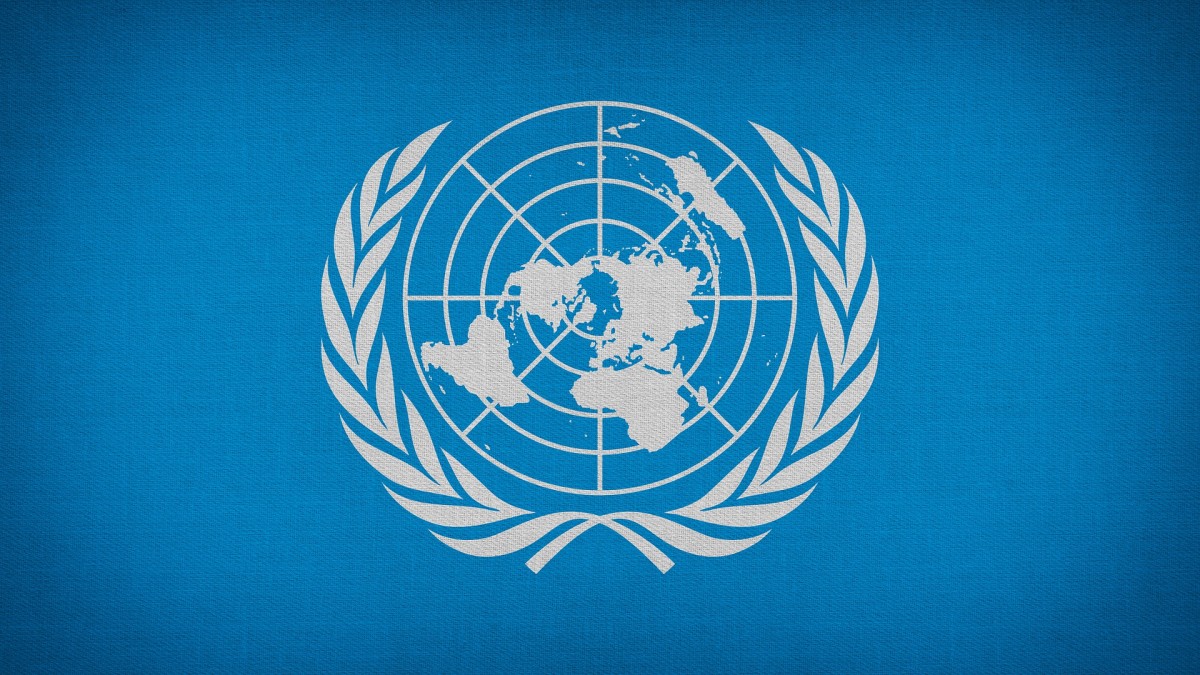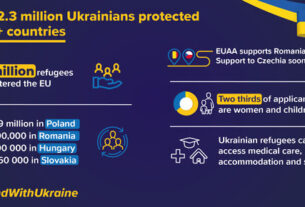29 September 2020, New York—The United Nations and the European Union signed an agreement today in the margins of the 75th session of the General Assembly to enhance cooperation and strengthen collective response in peace operations and crisis management.
The “Framework Agreement Between the United Nations and the European Union for the Provision of Mutual Support in the context of their respective missions and operations in the field” was signed by the UN Under-Secretary-General for Operational Support, Atul Khare, and the Head of EU Delegation to the United Nations, Ambassador Olof Skoog. Building on the success of our joint achievements, this Agreement reaffirms that partnerships are essential to address the growing scale and complexity of challenges to international peace and security.
The Agreement will facilitate operational alignment and enhance complementarity between EU and UN field missions in the areas of logistics, medical, and security support. In particular, this Agreement will enable the UN and EU to expand co-operation in operational support services by building mutual understanding of our respective procedures and structures for the planning and execution of logistics support in missions and operations in the field.
This is also a concrete step forward in advancing the UN’s Action for Peacekeeping Initiative (A4P) and the Declaration of Shared Commitments on UN Peacekeeping Operations, reinforcing the principle that strengthened partnerships are vital to effective and efficient mandate delivery.
The Framework Agreement complements existing cooperation arrangements between the two organisations and reflects the mutual commitment of the EU and the UN to multilateralism and a rules-based order. Our joint resolve serves to strengthen strategic and operational collaboration in response to global crises, threats, and challenges that cannot be addressed by individual nations acting alone. Furthermore, the ongoing COVID-19 pandemic demonstrates the importance of multilateral action, and how this maximises impact on the ground.
The United Nations and the European Union have progressively increased collaboration in peacekeeping and crisis management and fostered innovative approaches to co-operation. Initiated in the Western Balkans in 2003, co-operation has since expanded to include a number of theatres in Africa and the Middle East. Today, we closely coordinate our activities i.e. in Somalia, Central African Republic, Libya and Kosovo, and work side-by-side in support of the G5 Sahel Joint Force.
eeas.europa.eu
pixabay


















